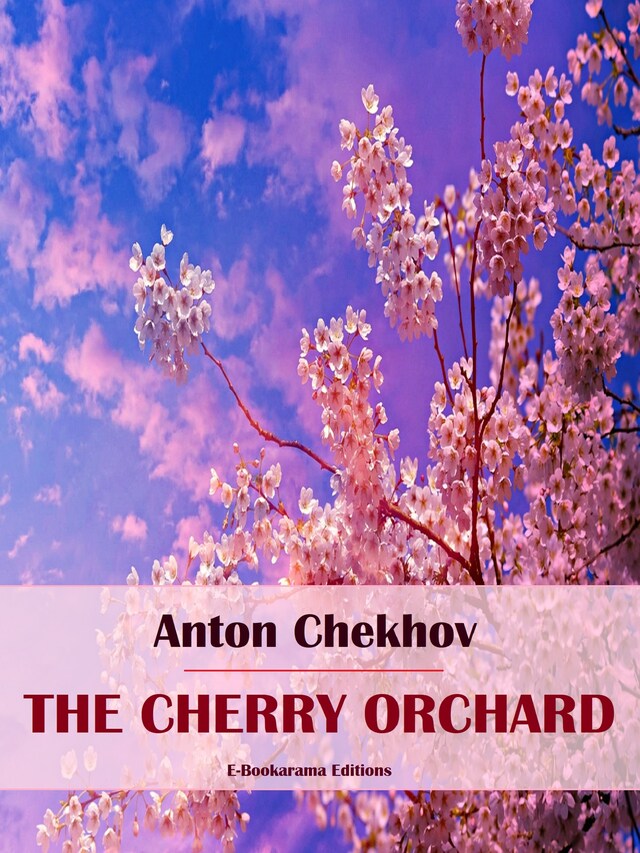
The Cherry Orchard
Description of book
Comedy & HumourParody & SatirePersonal DevelopmentRelationships & FamiliesPopular PsychologyMindfulness & SpiritualityNon-Fiction BooksSociety & CultureHistoryReligion & PhilosophyBooks for Young AdultsBooks for Young Adults: from 12 yearsEnglishNon-fictionShort Stories, Drama & PoetryPlays & Playscripts
E-book
English

